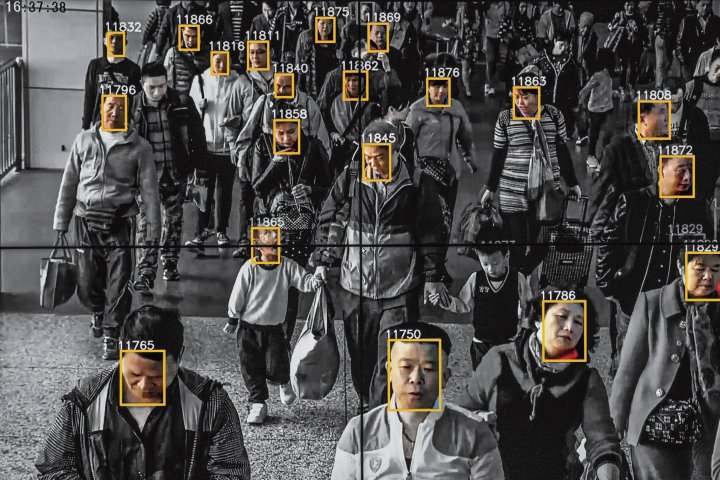“Chinese university suspends student because of dad’s bad social-credit score.”
This collectivizing-of-guilt example reminds me of the commencement ceremony at my university a few years ago, at which Jenna Bush Hager, daughter of former president George Bush, gave an apolitical speech about her non-profit work. Several of our faculty members sat in stony-frowny-face, arms-crossed silence during her appearance, neither applauding politely in welcome nor in appreciation for her advice to our graduating students. Clearly, what mattered to them was that she was Daughter of a Bad Man and so to be shunned socially.
Anti-individualism comes in apolitical and political, non-religious and religious forms—connecting, for example, to the tradition that gave us “The sins of the fathers shall be visited upon the sons …” (or daughter, in this case.) Guilt is seen as collective and passed on to the rest of the family, tribe, class, nation, species, etc.
By contrast, learning to hold individuals responsible for their own beliefs and actions—and only their own beliefs and actions—that is a fundamental of justice but still a hard lesson for many.

Agree with you
Maybe if you whack on some face glitter you can confuse the camera.
The rule makers will quickly entrap themselves. Let him without sin install the first collective guilt camera.
Scary picture. I am thinking of Prometheus and Liberty in Anthem, hiding in the mountains.